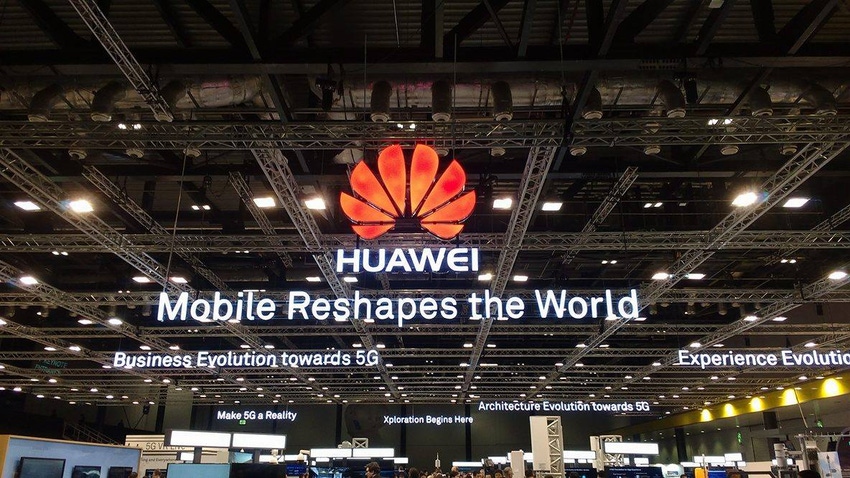Huawei has reported its numbers for the first half of 2018, defying any trends there is a slowdown in the global telecoms and technology industry.
July 31, 2018

Huawei has reported its numbers for the first half of 2018, defying any trends there is a slowdown in the global telecoms and technology industry.
Over the course of the six months, Huawei brought in total revenues of roughly $47.66 billion, a year-on-year increase of 15%, while operating margin was 14%. Hints of recovery at competitors Ericsson and Nokia, while finger pointing from paranoid politicians around the world make the achievement a bit more impressive.
Huawei does not breakdown the results for the individual business units, but it was able to provide details of the wins throughout the period.
Looking in the carrier business, end-to-end 5G solutions and Intent-Driven Networks and cloud data centres are the talking points. 4G might not be the big spender of yesteryear, but it does seem to be a win, as Huawei points to the continued evolution of LTE as a money maker over the period. Perhaps this is an area the super-vendor will have to rely on while it launches PR campaigns to remove uncertainty in its appropriateness for 5G deployment.
With Nokia announcing a bountiful $3.5 billion agreement with T-Mobile US, the market-leading Chinese firm might have to miss out on the beginning of the 5G spending splurge due to continued questions over its impact on national security. The US telcos look like being the first to start handing out contracts, though Huawei has an trump card few an compete with in its domestic market. Being in the preferential position in China will certainly have benefits in the long-run.
Elsewhere in the world, Huawei’s pedigree might keep it in a good position. It is under threat in the US, perhaps due to the fact networks are not reliant on Huawei today; everywhere else is a different question. In Europe, Huawei has been remarkably successful, meaning the foundations it has built in today’s networks provides somewhat of a shield from political repercussions. Mark Evans, CEO of Telefonica UK, commented his business wasn’t overly reliant on Huawei, Nokia and Ericsson are the favourites here, though he wondered whether this would be the case for competitors.
Huawei is under the spotlight right now, but with 15% year-on-year growth figures, you have to wonder whether global trends are even bothering Ren Zhengfei and his cronies in the slightest.
About the Author(s)
You May Also Like








.png?width=300&auto=webp&quality=80&disable=upscale)


_1.jpg?width=300&auto=webp&quality=80&disable=upscale)


.png?width=800&auto=webp&quality=80&disable=upscale)